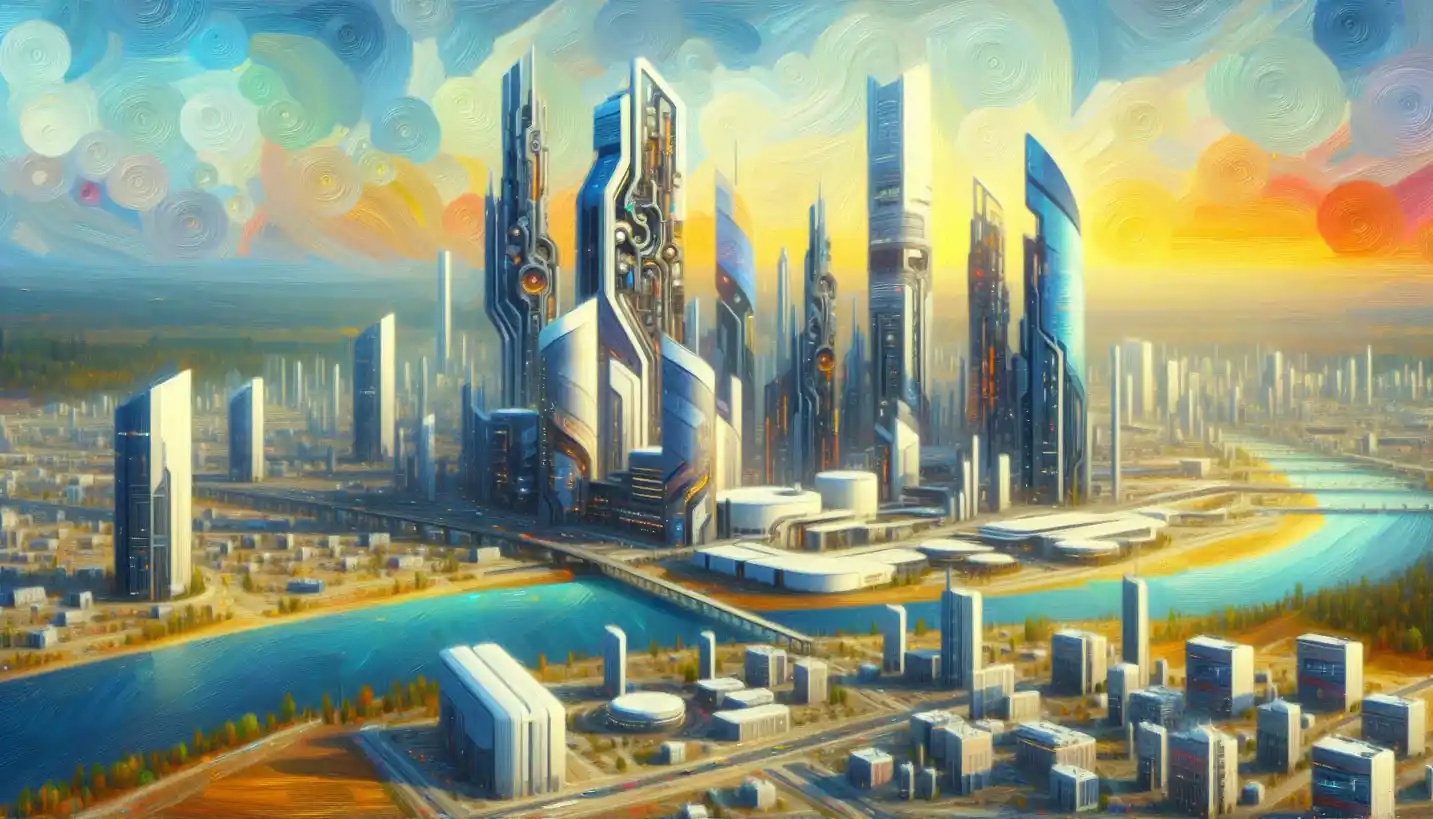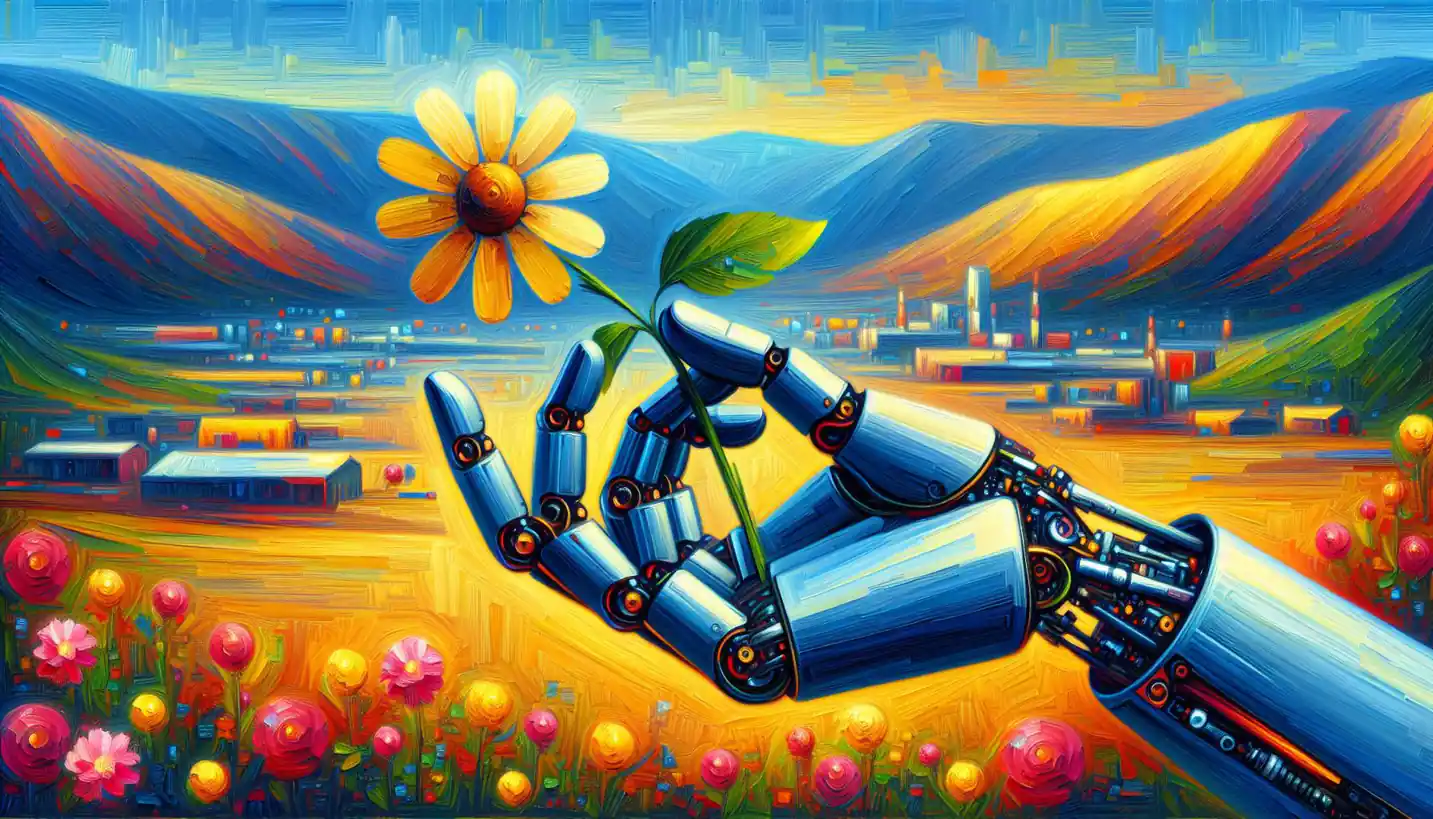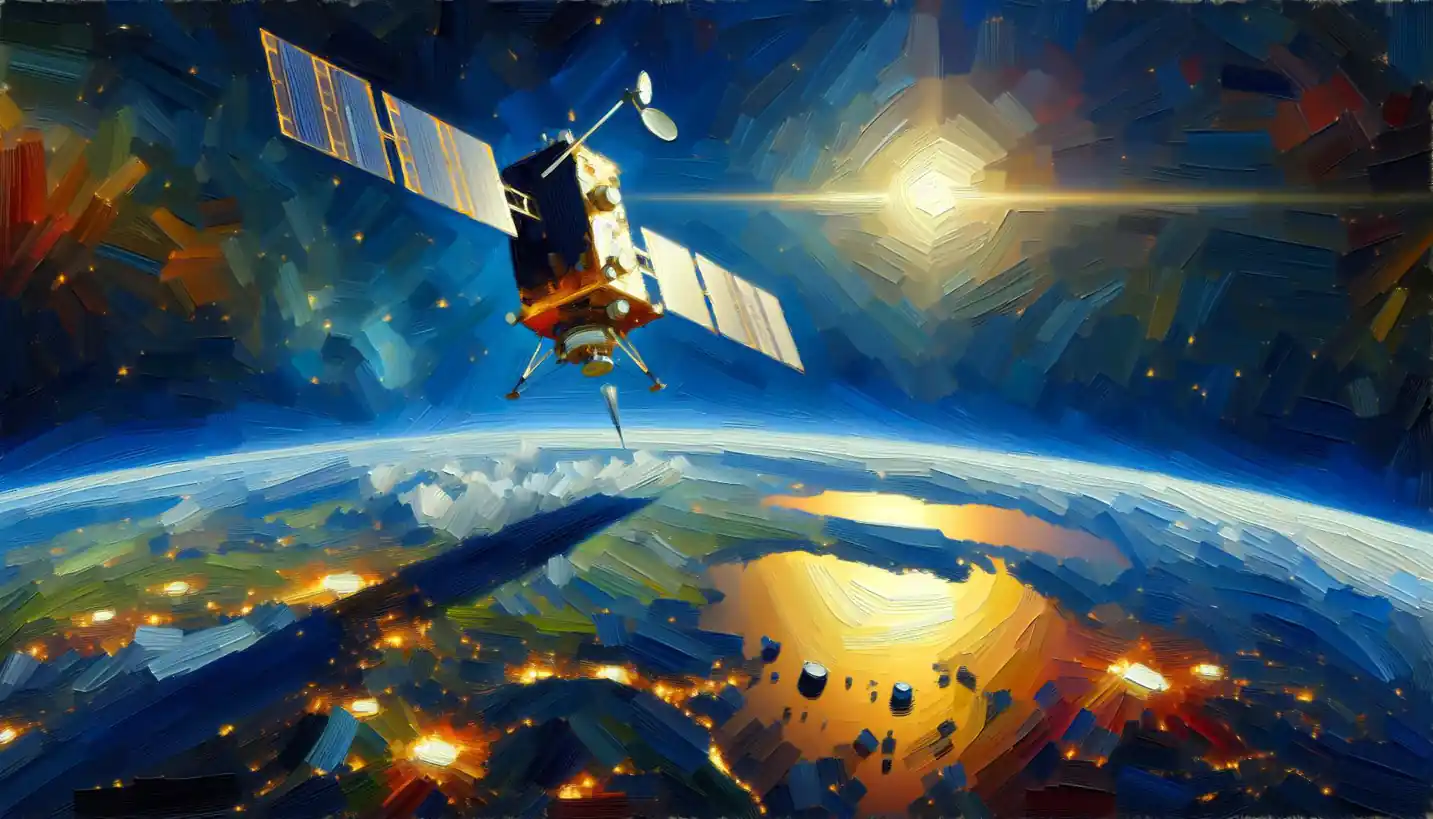· Engineering · 4 min read
Microbial Biotechnology: A Fascinating Frontier in Science
Microbial biotechnology harnesses microorganisms for unique solutions in medicine and industry. Explore this fascinating frontier revolutionizing modern science.

From the moment we wake up and enjoy our breakfast yogurt to the medications that keep us healthy, microbial biotechnology plays a crucial role in our daily lives. It’s like the hidden orchestra behind the scenes, with microbes as tiny musicians that work tirelessly to create harmony in various fields spanning food production, medicine, and environmental conservation. Let’s dive into this fascinating world, where tiny creatures have enormous impacts.
Microbial biotechnology is about harnessing the power of microorganisms—like bacteria, yeast, and fungi—to develop products and processes that benefit humans and the planet. Despite their microscopic size, these organisms are biological powerhouses, capable of a wide array of transformations. This field represents the fusion of life sciences with technology, offering sustainable solutions to some of our biggest challenges.
The Marvelous World of Microbes
Microbes are everywhere—they live in the soil, water, air, and even inside your body. Though often associated with diseases, the vast majority are either harmless or incredibly beneficial. Some have unique abilities, like surviving extreme heat or breaking down complex compounds, making them valuable allies in biotechnology.
Transforming Waste into Wealth
One of the most exciting applications of microbial biotechnology is in waste management. Special microorganisms can consume organic waste, turning it into valuable resources. Imagine a world where food scraps and plant waste don’t end up in landfills but instead produce biofuels. This transformation not only reduces waste but also creates renewable energy sources. It’s much like turning yesterday’s leftovers into tomorrow’s power.
Microbes in Medicine
The medical world has long been fascinated with microbes, not just as pathogens but also as potential life-savers. Antibiotics, which revolutionized medicine, are microbial products. A well-known example is penicillin, discovered by Alexander Fleming, which comes from a mold. Today, researchers continue to explore microbes to unearth new antibiotics and drugs.
Personalized Medicine and Probiotics
In recent years, scientists have turned their attention to the human microbiome—the community of microbes living in and on our bodies. Understanding these communities is helping develop personalized medicine. By analyzing which microbes are thriving in an individual’s gut, for example, doctors can tailor treatments more precisely. Probiotics, friendly bacteria that support gut health, are another growing area where microbial biotechnology is making strides.
Environmental Guardians
Microbial biotechnology also holds promise in addressing environmental issues. Certain bacteria can clean up oil spills, a process known as bioremediation. These tiny custodians break down pollutants into less harmful substances, offering a natural and less-invasive method for detoxifying environments.
Fighting Climate Change
Microbes are helping fight climate change too. Some are involved in processes that trap carbon dioxide from the atmosphere, mitigating the greenhouse effect. Researchers are exploring ways to enhance these natural processes using biotechnology. Imagine microbes as tiny gardeners working tirelessly to help reduce the carbon footprint.
Food Production and Agriculture
Modern agriculture benefits immensely from microbial biotechnology. It touches everything from enhancing soil fertility to protecting crops from pests. Microbial fertilizers and pesticides are proving to be more sustainable options compared to chemical ones.
Improving Food Quality and Safety
Fermentation, a process driven by microbes, has been used for centuries to make foods like cheese, bread, and beer. Today, biotechnology is refining these processes to improve food quality, safety, and nutritional value. Microbes help produce vitamins, amino acids, and other nutrients, enriching our food supply.
Future Directions and Innovations
While we’ve already seen incredible achievements, the future of microbial biotechnology holds even more promise. Scientists are exploring synthetic biology, where they redesign microbial DNA to create new functions. This could lead to novel materials, biofuels, and even innovative medicines that currently seem like science fiction.
Challenges on the Horizon
Of course, there are challenges that come with this potential. Ensuring the safety and ethical use of biotechnology is crucial. The balance between innovation and regulation will shape how microbial biotechnology evolves.
Conclusion
Microbial biotechnology is a powerful tool with the potential to revolutionize numerous aspects of our lives, from the food we eat to the air we breathe. As we continue to unlock the secrets of these microscopic organisms, we’re not just observing history in the making—we’re directly participating in shaping a future that’s both sustainable and extraordinary. It’s an exciting time to explore the unseen world of microbes, and their role in creating a better tomorrow. The possibilities, much like the microbes themselves, are endless.



